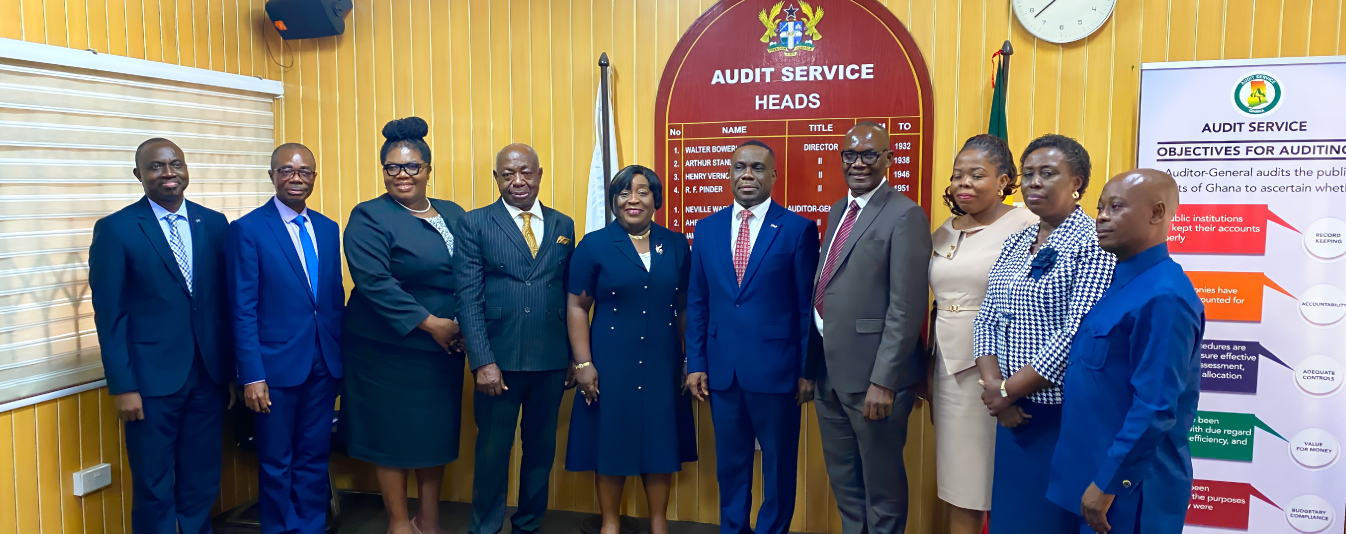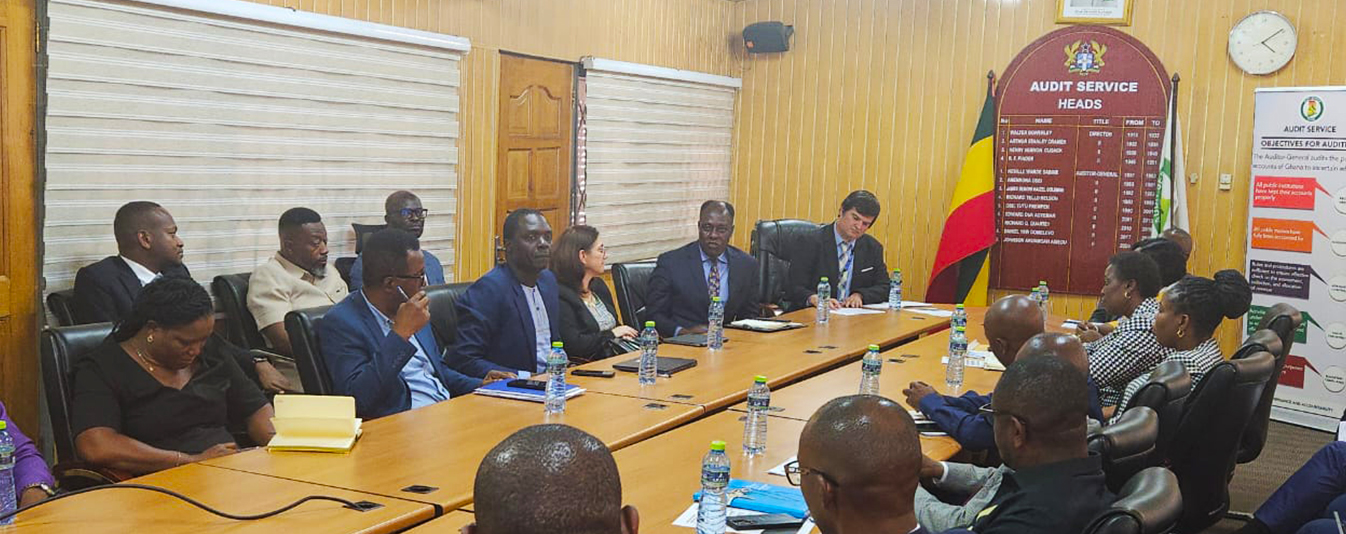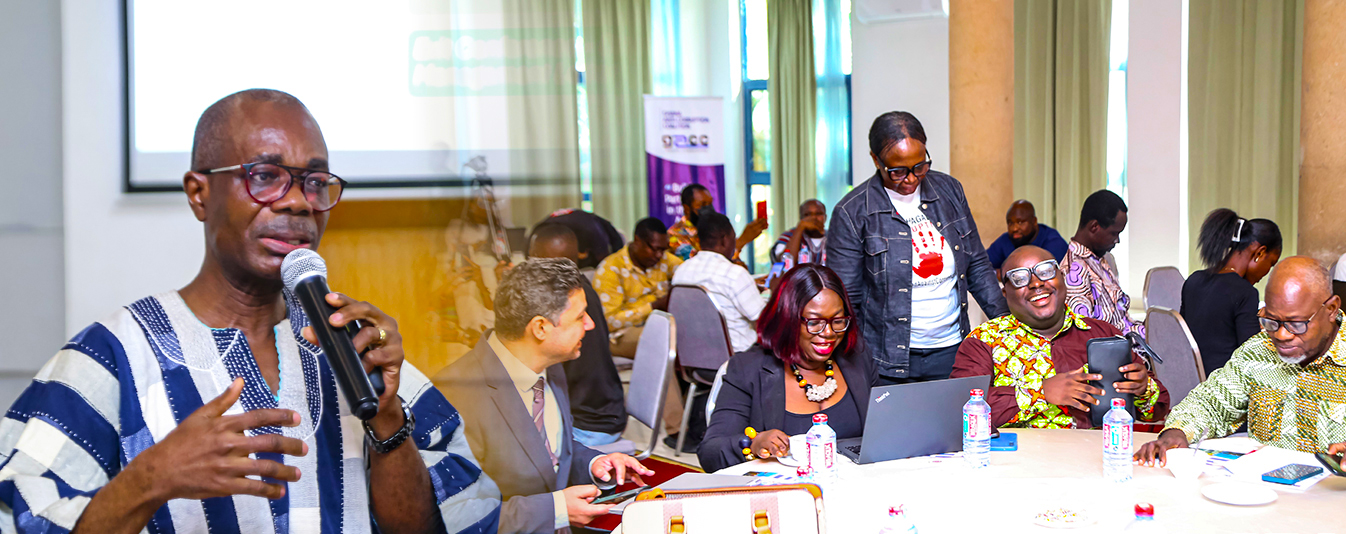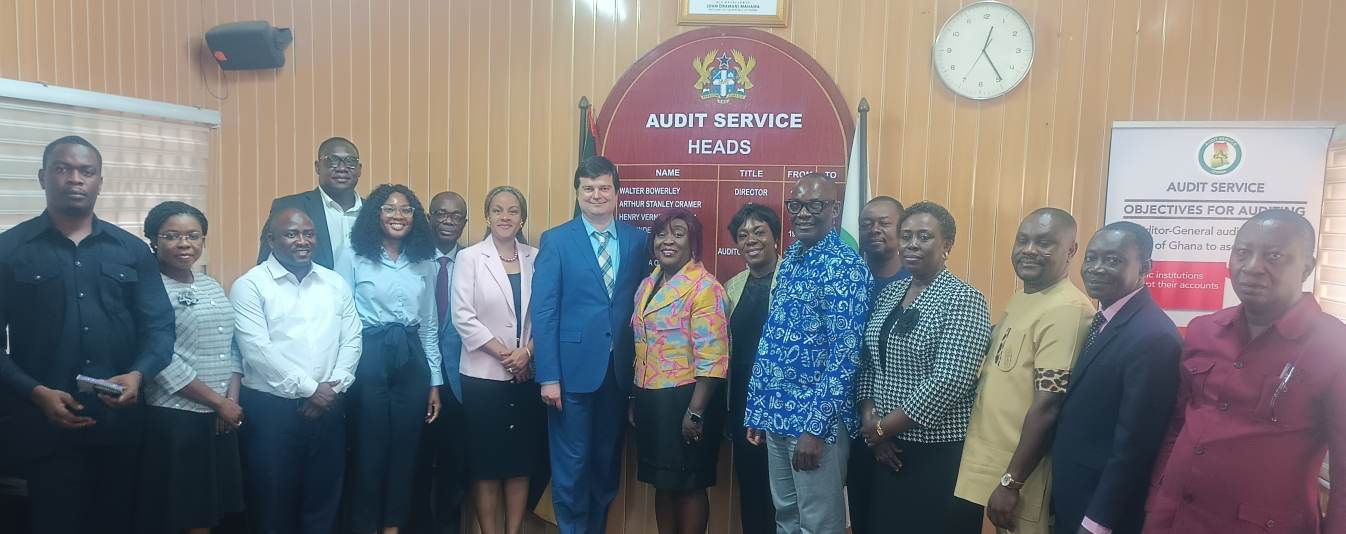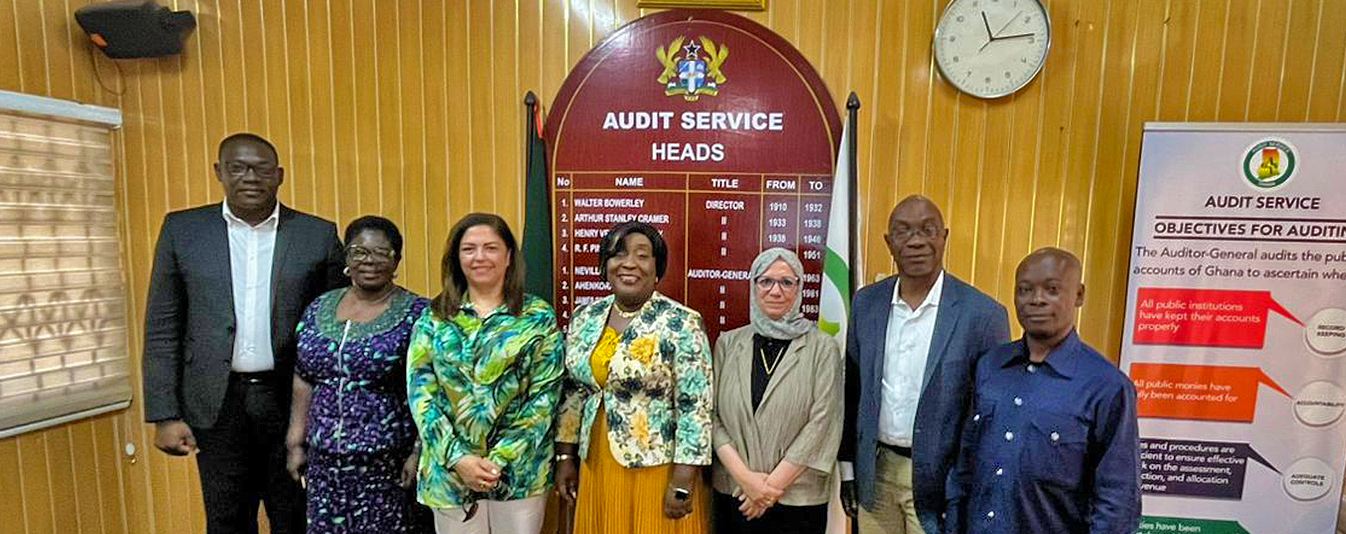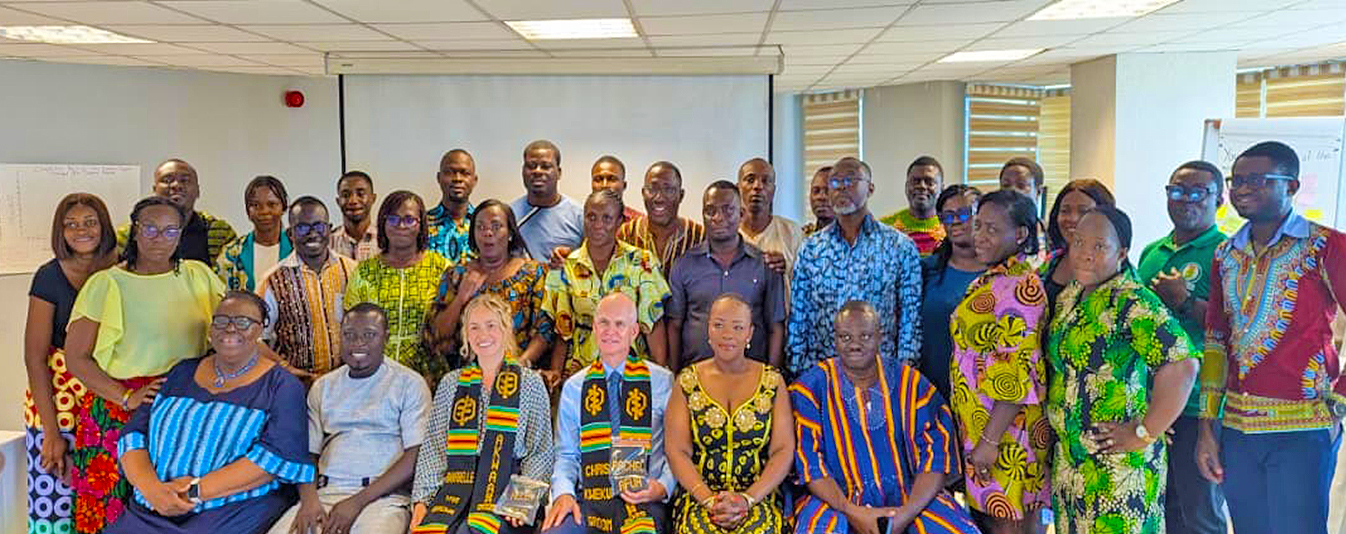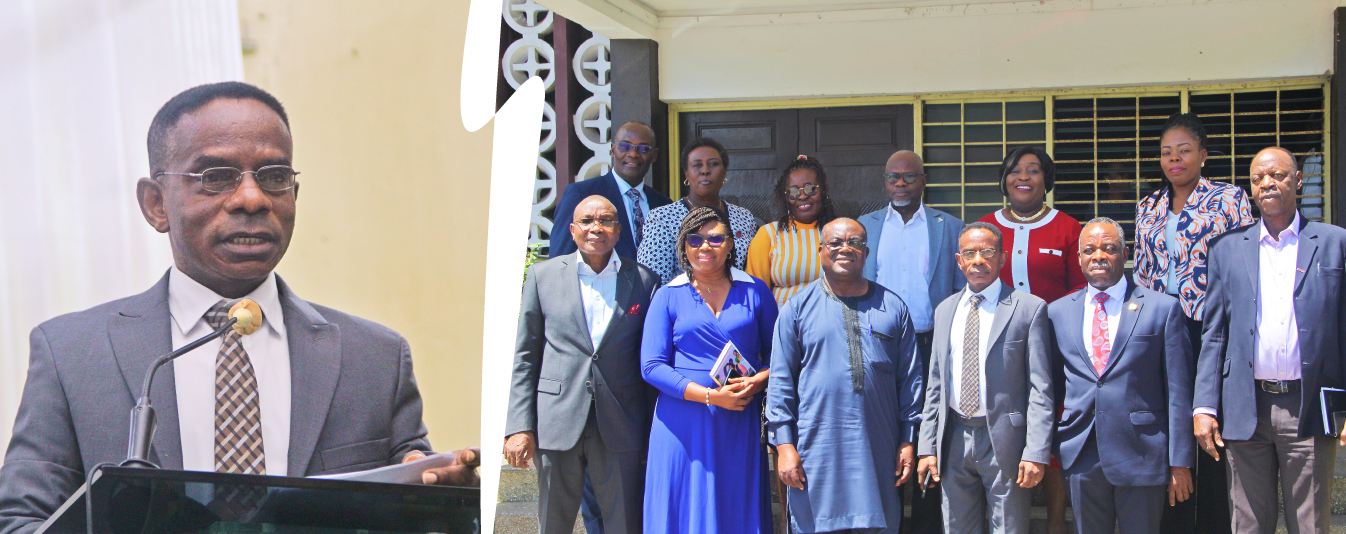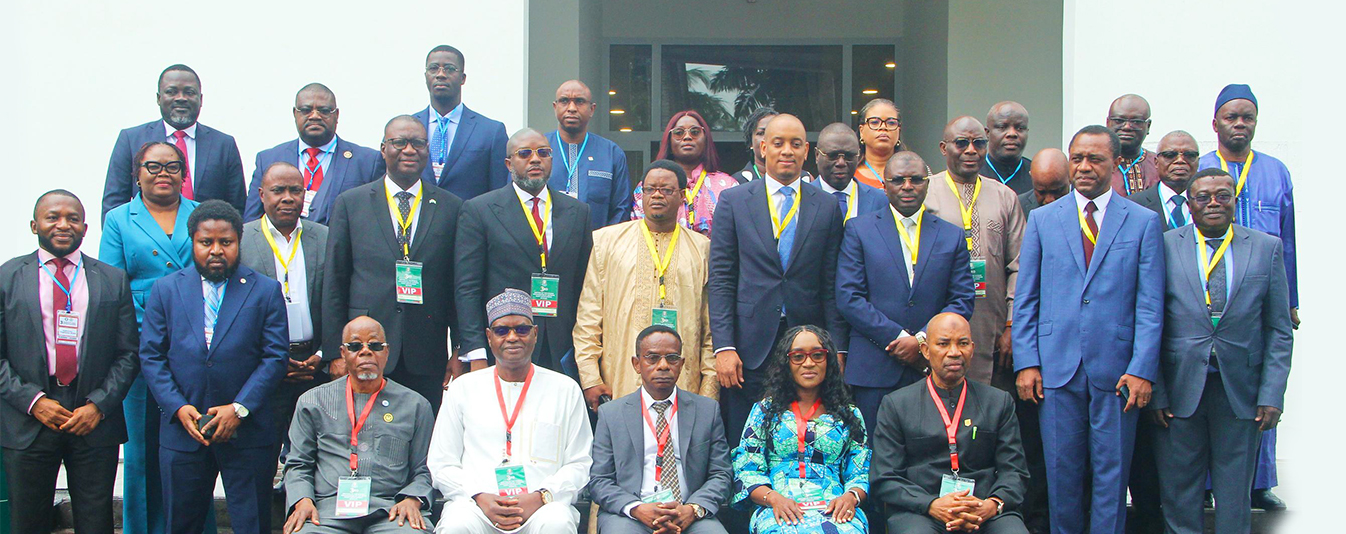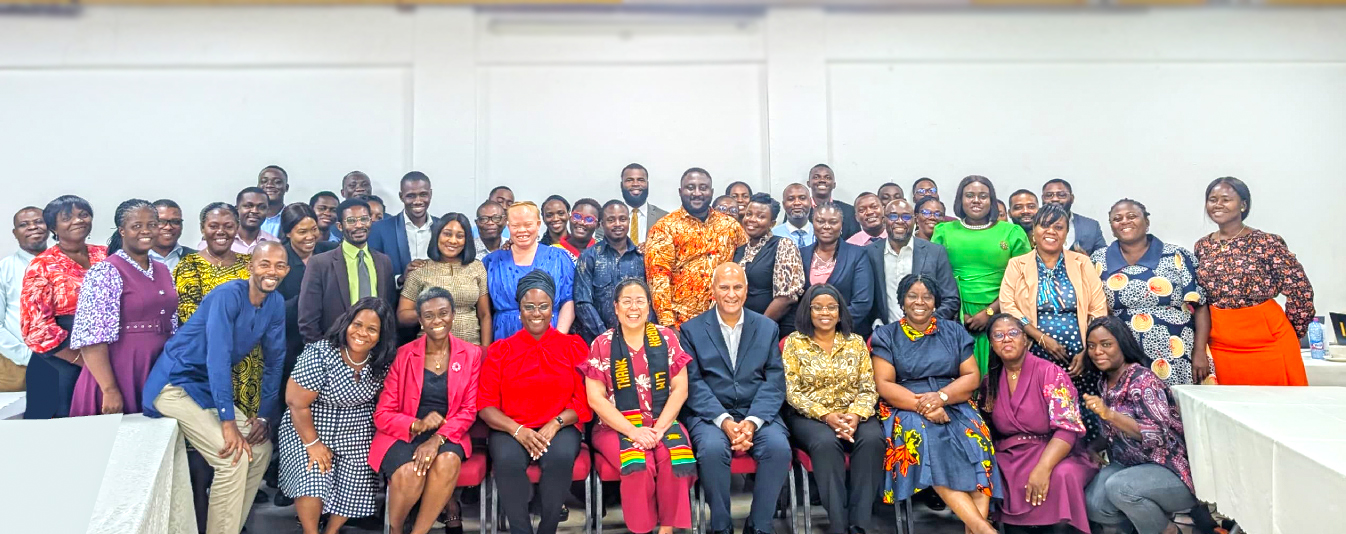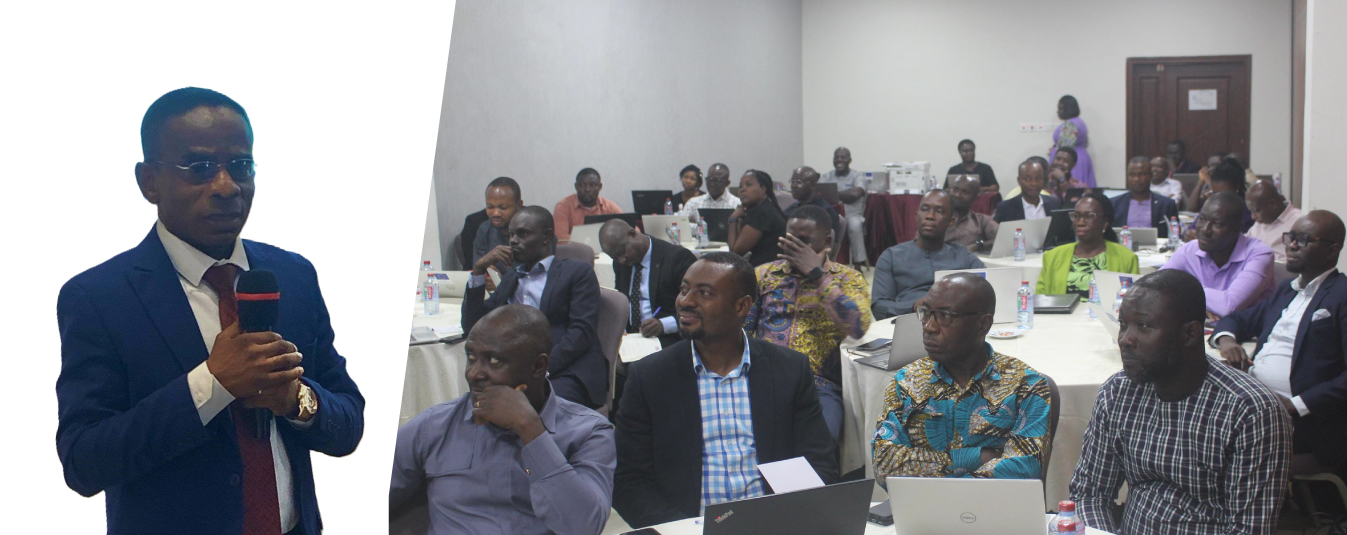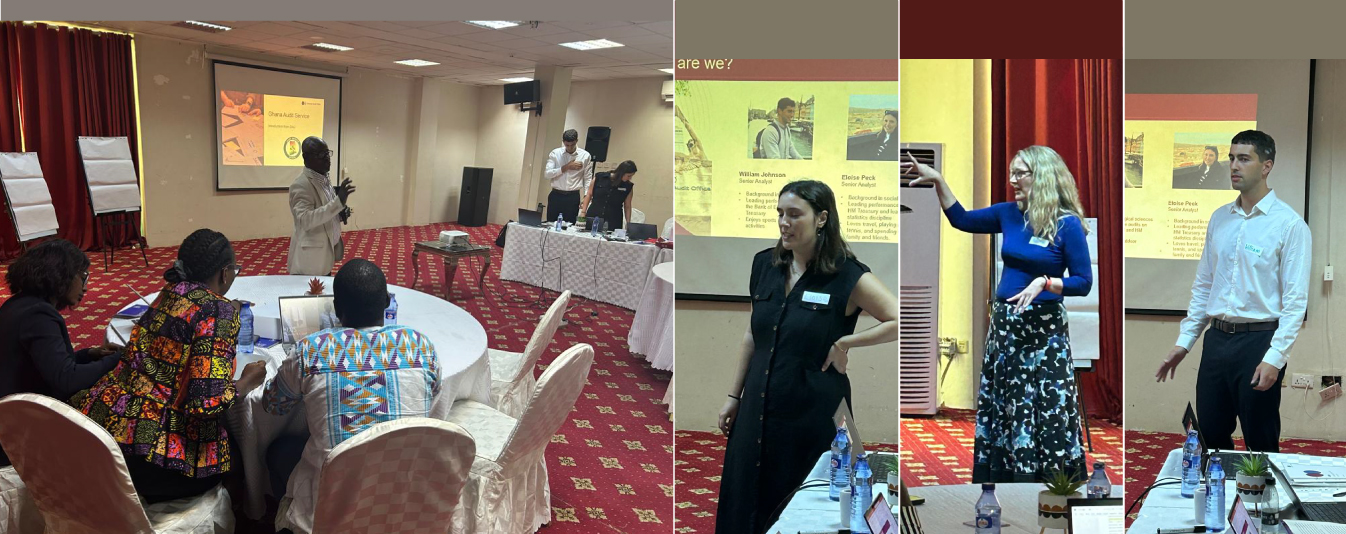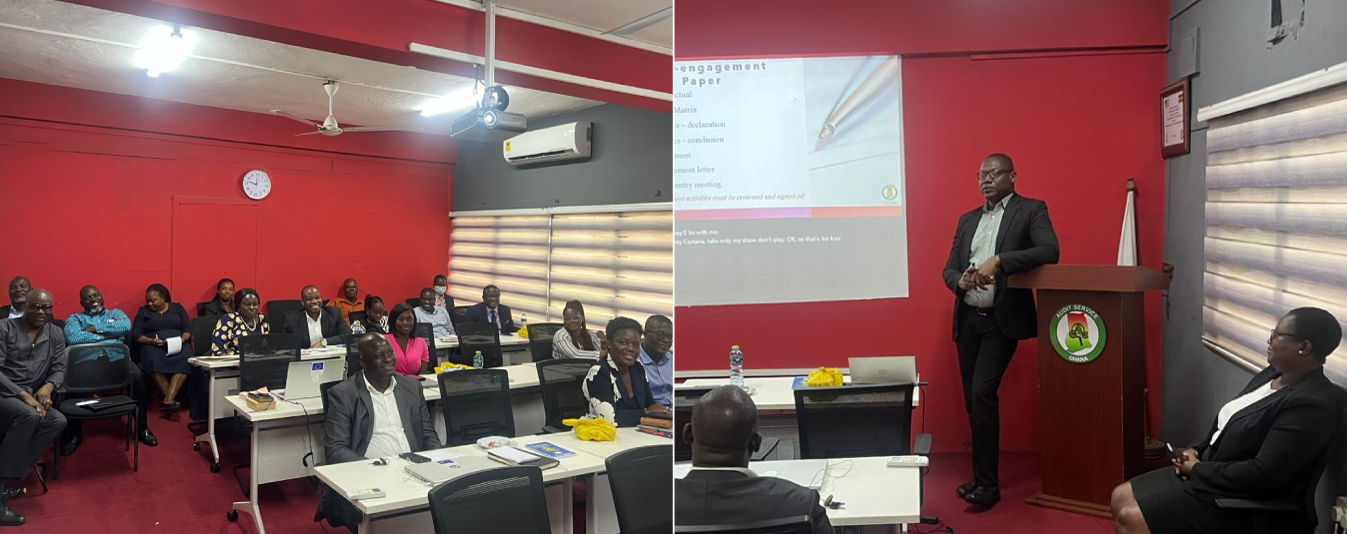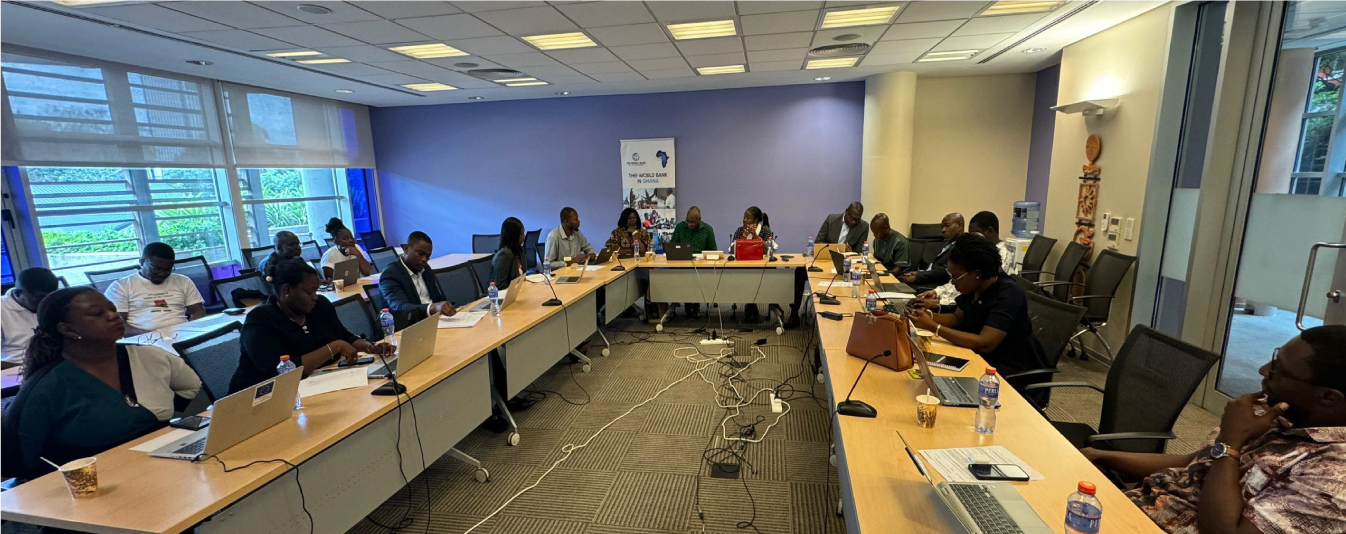Coronavirus disease 2019 (COVID-19) is an unprecedented public health emergency, with associated significant economic impact, affecting all developing and developed countries. As it unfolds and countries respond, the role of Supreme Audit Institutions (SAIs) is being recognized as crucial to supporting the government response mechanisms through maintaining public financial management discipline and ensuring transparency and accountability. Past experience from SAIs’ engagement in government responses to natural and human-made disasters, including health emergencies like Ebola, provides good lessons for SAIs confronted with the COVID-19 pandemic.
This note seeks to propose ideas on how SAIs can respond to the crisis now and during the recovery phase. During the emergency stage, the primary focus of governments is on safeguarding livelihoods and public health. Auditors are themselves constrained both by their physical access limitations and the imperative to avoid impeding government’s speedy responses to the pandemic.
Under these circumstances, crucial oversight and key controls may suffer, especially as public financial management systems are adapted to be responsive and flexible. Within the SAIs’ own establishments, home-based working arrangements will replace face-to-face meetings.
There will be limited access to information and explanations, and an inability to physically visit and verify activities. Audit plans and programs prepared prior to COVID-19 will need substantial revision. Responses to audit inquiries will be delayed and so will the issuance of audit reports. This emerging experience will present opportunities for SAIs to review and reinforce contingency plans for business continuity and staff connectivity. Auditors are expected to be present and visible, assuring their readiness to respond with timely audit products to enhance accountability. At the same time, they should be engaged in assessing risks associated with government programs and responses and planning risk-responsive audit approaches.
To the extent supported by mandate, they can engage in real-time and exceptional ex-ante audits of some of the critically important transactions, as may be deemed appropriate. SAIs also need to ensure their independence is preserved. Effective communication with all stakeholders is critical. In the post-emergency phase, significant spending over relatively short time frames could create a heightened level of value-for-money risks.
Experience with auditing during the post-emergency phase of the Ebola response showed significant and widespread abuse of procedures to divert funding from intended purposes. Auditors will need to adjust their audit plans and approaches to focus on comprehensive reviews of government responses. Using professional judgment and adjusting materiality in context are important. Beyond the crisis, SAIs could play a key role in reviewing and strengthening economic recovery efforts, financial management and governance systems, and government preparedness for future disasters.
SAIs need to retain a comprehensive mandate covering all public funds and resources mobilized in response to the crisis. They should mobilize and prioritize available systems and GovTech tools to flexibly adapt audit approaches, value-added responsiveness, and drawing on lessons learned.
For timely inputs to the legislature and the executive, several short and quick reports can be more useful than delayed comprehensive single reports.

_in_governments_response_to_covid-19_emergency_and_post_emergency_phases.jpg)
